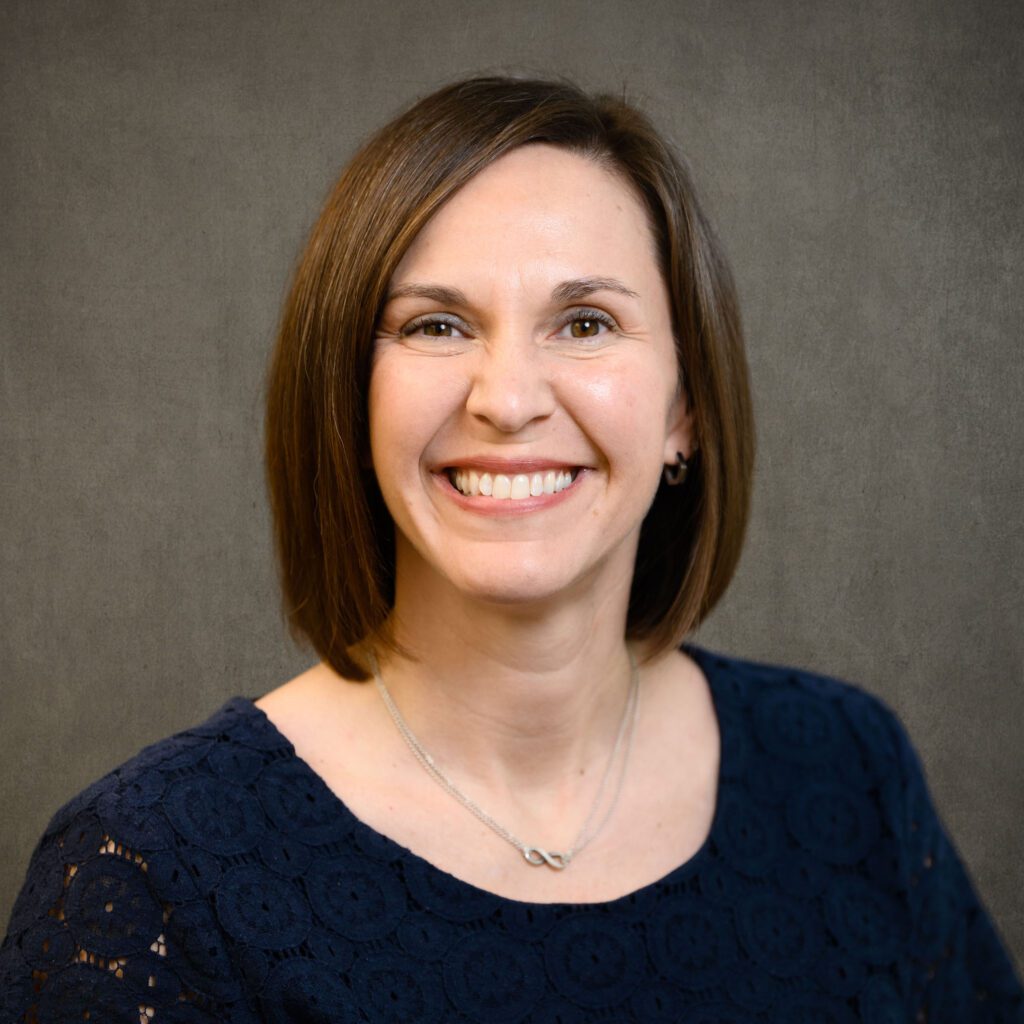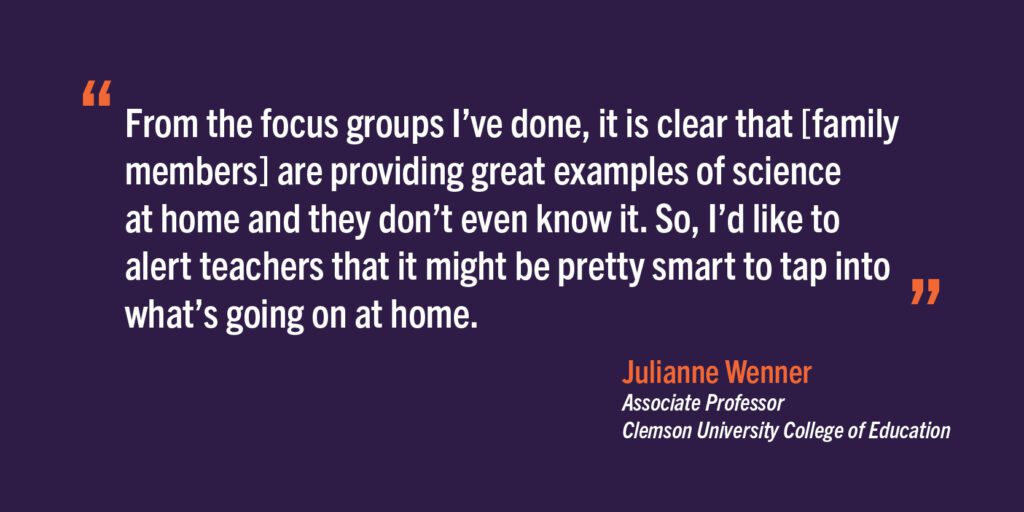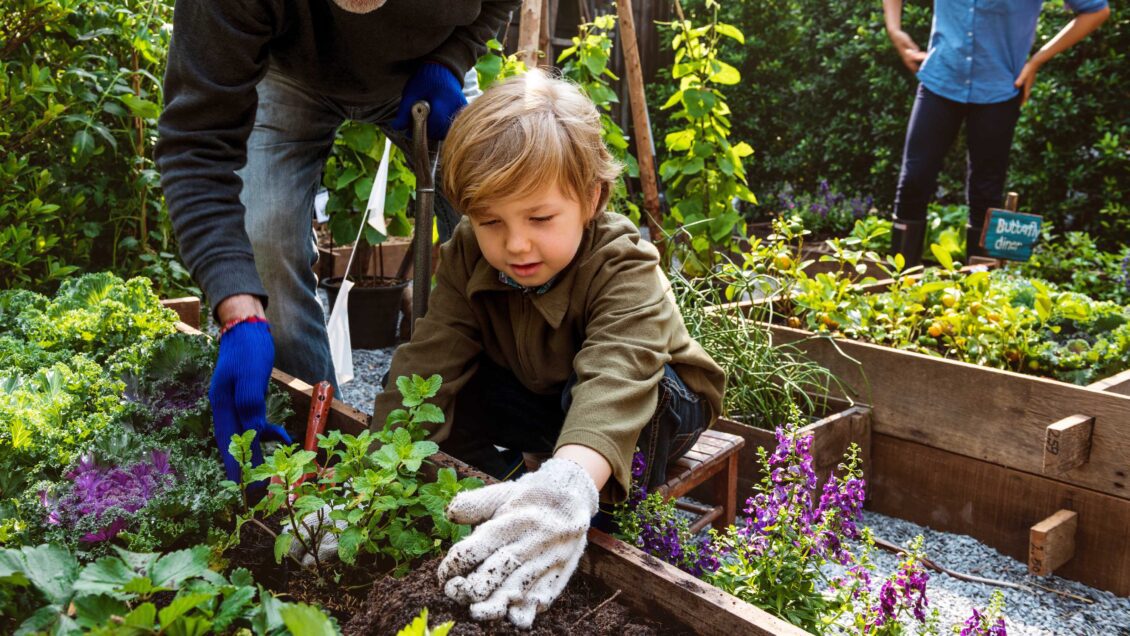A parent tinkering on a ’77 Pontiac Trans Am. An elderly green thumb advising grandchildren on the use of eggshells in the garden to repel snails. An uncle explaining physics through a rifle used for hunting.
According to Julianne Wenner, associate professor in the Clemson University College of Education, these are all scientists imparting knowledge to the next generation, although “science” is often far from how they would describe their day-to-day work in the garage, kitchen or field.
Wenner is using a grant from the National Science Foundation to think about how families could reframe what constitutes science in the home and develop an instrument that will help educators better partner with families when it comes to science education. Through her research, she has talked to numerous family members from Title I schools in rural areas to see what science looks like to them in the real-world and how family members can encourage students in a subject that can seem impenetrable or unapproachable. Wenner ultimately wants schools to recognize, honor and build on students’ home science experiences to improve their science education.

Why is there not much understanding of how a family can impact a child’s view of science?
We know that families are super important when it comes to how a child views a subject, but almost none of the research talks to families directly. Studies often ask adults about their family’s relationship to science when they were children, and I can’t even remember what I had for breakfast yesterday, so I don’t know how that could be accurate enough to be helpful.
On the other hand, researchers have asked families how many microscopes they have at home, which doesn’t get close to capturing “non-mainstream” science. Before starting this research, I had a hunch that most families were doing really great “sciencey” things that nobody’s talking about. That’s tragic.
What have you discovered so far in the development of the instrument and in talking to families?
Families are doing way more science than I think they ever get credit for. Like, waaaay more. Many families are doing the standard things like going to a museum and taking a nature hike, and they’re super resourceful about the typical approaches to science learning.
But they’re also clearing land for crops, and they’re telling their kids why they’re doing it. They’re planting certain plants to attract certain animals for hunting. They’re gardening and bringing the kids into that process. My favorite story came from a woman who takes her kids out after it rains just to see what has come up from the ground.
There have been many families that you could tell their science content knowledge wasn’t very strong and they were embarrassed about it. This is why I think it’s important to encourage them not to always get mired in the “why” of things, but to foster a curiosity in kids of the world around them. If you don’t know why you’re putting eggshells on the ground to help grow tomatoes, that curiosity might lead a student to find the answer. That curiosity should be celebrated!

What if parents have trouble identifying science in the home?
In the focus groups, I’ve seen many moments where parents said “Well, I’m not so smart and I can’t identify things, but I will listen to my child and ask questions.” That’s truly all that really matters. To me, that means a family member is smart because they recognize the importance of creating an atmosphere for learning.
The new science standards in South Carolina focus on phenomenon-based instruction. That just means stuff that you can observe in the natural world, so science teaching doesn’t need to be esoteric, abstract concepts that are unapproachable; it can just explain the world around us.
There’s one camp in science education research with families that actually doesn’t even like using the word “science” because the term is so laden with preconceived notions. I had to sit with that for a while. I talked with my advisory board made up of fellow researchers and educators, and they convinced me that we should actually use that term as much as possible. When we do that, we empower families by naming the science. They might not see working on a car or planting a garden as science, but calling it that lets them see that their knowledge is worth something. It’s valuable and interesting and can help kids in many different ways.
How do you create an instrument that will tell you about a family’s relationship with science?
I asked about activities that these folks do as a family. I asked how they would describe their family. What would you do that might qualify as science? What kinds of conversations do you have with your kids about science? The information I’ve gathered helps me create a survey about what families do in science that is more aligned with what actual families might do rather than asking about how many microscopes they have.
From there, I will have my advisory board take a look at the survey and then I will test it out with families from some of the schools I have already worked with. If all the statistics look promising, then I will start testing it out with families from other schools and areas beyond rural areas. The hope is to create a survey that would be accurate and transferable to other settings.
How could this instrument help a school?
Schools could use it to discover how to leverage what community members know. A teacher could use this instrument to discover the assets that families have that could be used as examples in a classroom. It’s something to build on for an educator.
From the focus groups I’ve done, it is clear that they are providing great examples of science at home and they don’t even know it. So, I’d like to alert teachers that it might be pretty smart to tap into what’s going on at home.
I do think schools would need to be careful because showing that a community knows a great deal about a certain subject and less about another could be used to view families from a deficit lens, so I’ll have to be careful to design around that.
Does this suggest that there should be different “tracks” for aspiring scientists? Does it make sense for some students to study practical uses of science while others study theory?
Absolutely not. I’ve known people who could memorize everything and not apply anything. How many woodworkers would fail a geometry test but build a perfect picture frame? Those different students will always exist, so the key is providing instruction to all students that gets them curious, engages them, provides experiences that they can apply concepts to, and then allows them to branch off and apply things in different ways. The key is to make science possible and accessible for everyone to engage with, however that may look for them.
Get in touch and we will connect you with the author or another expert.
Or email us at news@clemson.edu

